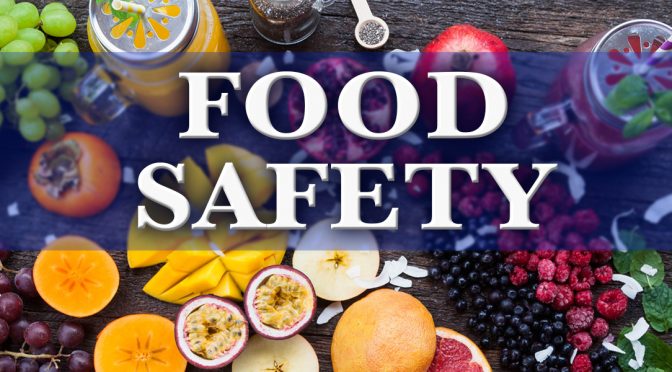NASHVILLE, Tenn. (TSU News Service) – As people across the country prepare for Thanksgiving, researchers at Tennessee State University are making sure the turkeys consumers eat are safe.

The researchers in the university’s College of Agriculture are using probiotics (cultivated beneficial microorganisms) to fight pathogens, including salmonella, which is involved in a current outbreak in turkeys.
According to the Centers for Disease Control and Prevention, the outbreak started in November 2017. As of Nov. 5, this year, 164 people have been infected. The agency reminds people to properly cook and handle turkeys this holiday season.
Dr. Sam Nahashon is professor of poultry science at TSU, and chair of the Department of Agricultural and Environmental Sciences. He said the current Ag research would reduce or exclude pathogens in the intestinal tract of turkeys or chickens by feeding them the cultivated beneficial microorganisms through feed and/or water.

“It just takes a few harmful microorganisms in our body to cause a disease,” said Nahashon. “Our goal is to reduce salmonella and campylobacter in poultry.”
Added research professor Dr. Fur-Chi Chen: “The whole idea is using the beneficial bacteria to feed into the poultry, and during the production, they can prevent the salmonella.”
The CDC recommends handling raw turkey carefully, including washing hands before and after preparing or eating turkey. Cooking raw turkey thoroughly (to an internal temperature of 165°F, measured by placing a thermometer in the thickest part of the bird) will help prevent food poisoning.
TSU Ag professor Elyse Shearer said frozen turkeys should also be fully defrosted, preferably in the refrigerator over several days, and they should not be washed to prevent the spread of bacteria.

“Also, make sure that no utensils or supplies that came in contact with the raw turkey touch other food items to prevent cross-contamination of harmful pathogens,” said Dr. Shearer, who works in the College of Ag’s Department of Family and Consumer Sciences.
TSU’s College of Agriculture has received millions of dollars from the U.S. Department of Agriculture to research poultry and promote food safety.
To learn more about the College of Agriculture’s food safety research, visit
http://www.fightbac.org/food-safety-education/dont-wing-it/.
Department of Media Relations
Tennessee State University
3500 John Merritt Boulevard
Nashville, Tennessee 37209
615.963.5331
About Tennessee State University
With more than 8,000 students, Tennessee State University is Nashville’s only public university, and is a comprehensive, urban, co-educational, land-grant university offering 38 bachelor’s degree programs, 24 master’s degree programs and seven doctoral degrees. TSU has earned a top 20 ranking for Historically Black Colleges and Universities according to U.S. News and World Report, and rated as one of the top universities in the country by Washington Monthly for social mobility, research and community service. Founded in 1912, Tennessee State University celebrated 100 years in Nashville during 2012. Visit the University online at tnstate.edu.
